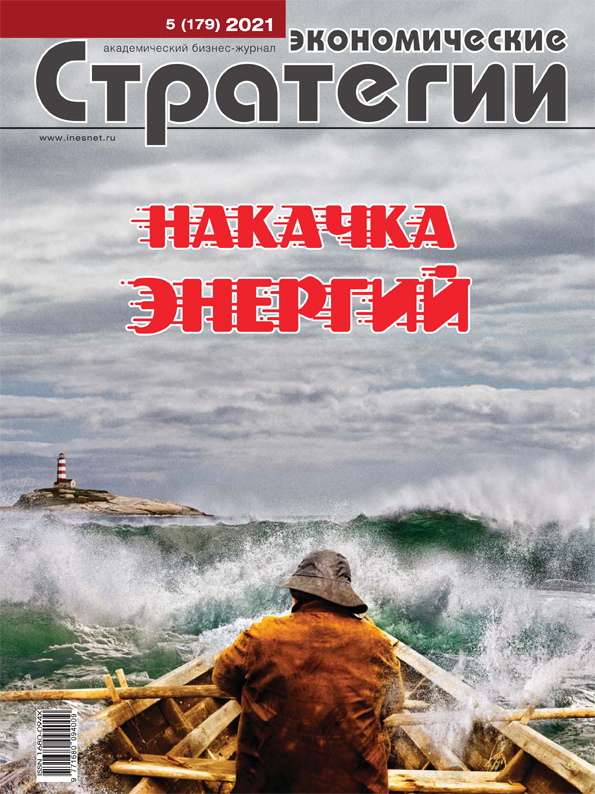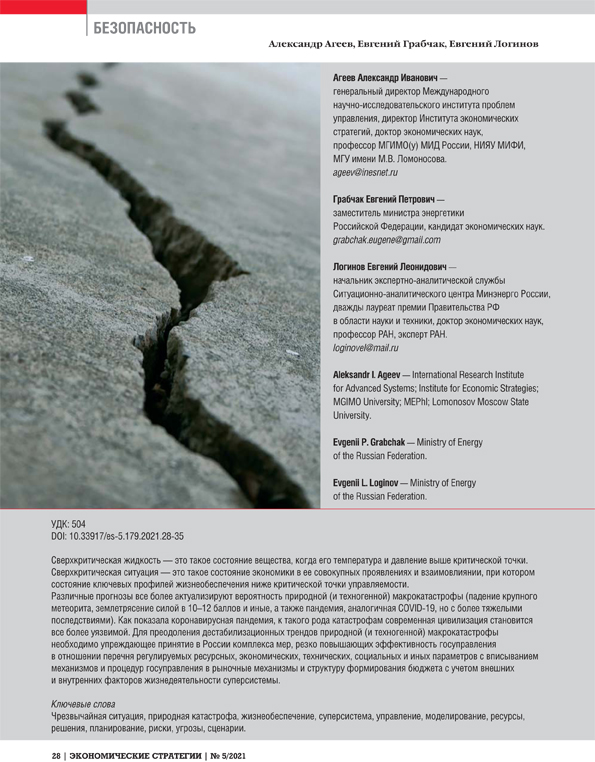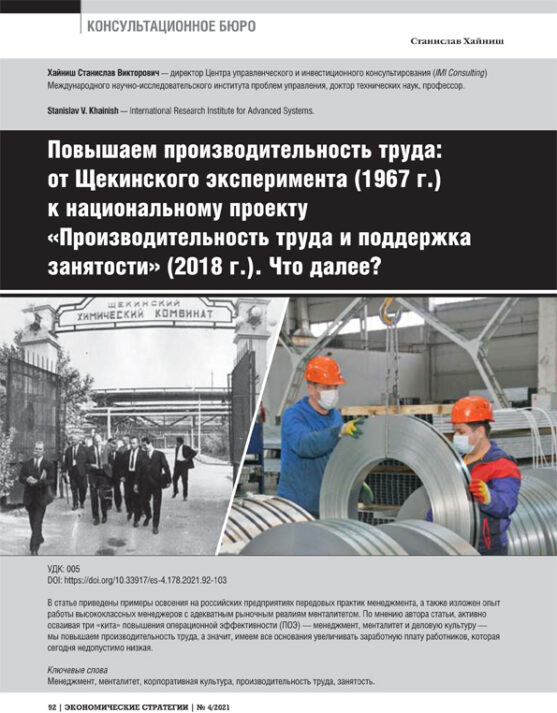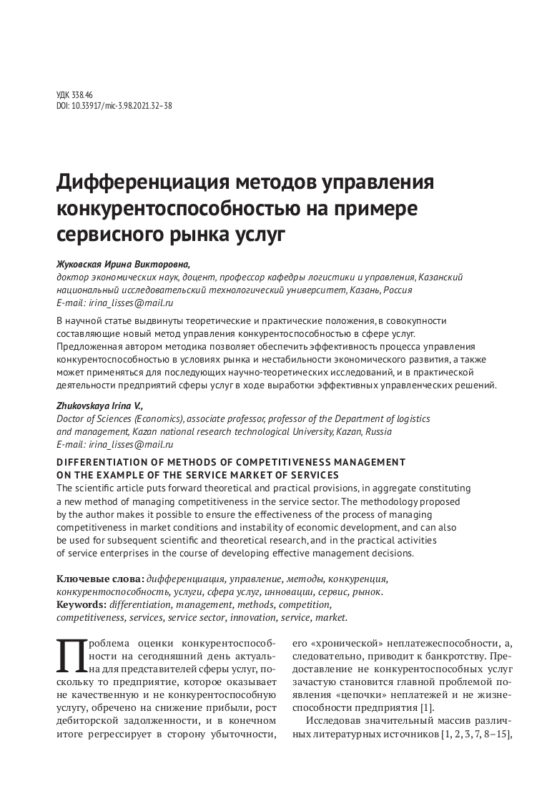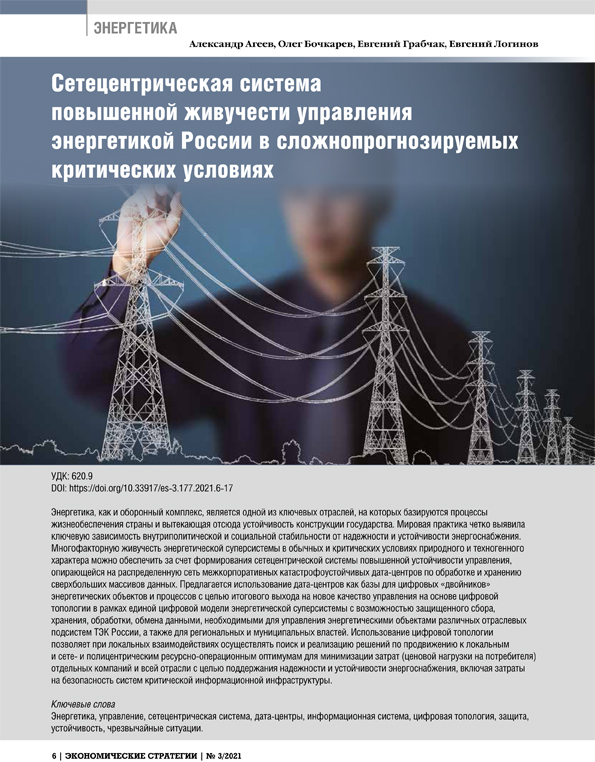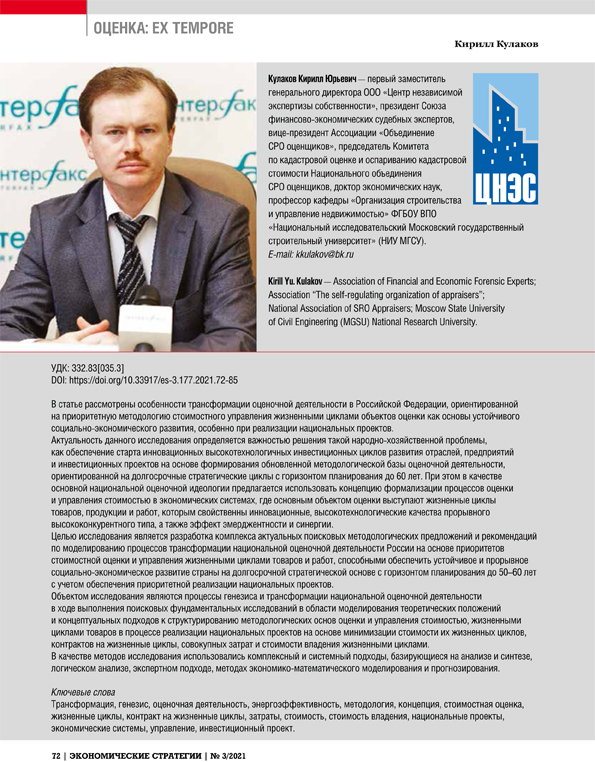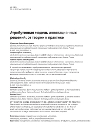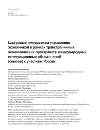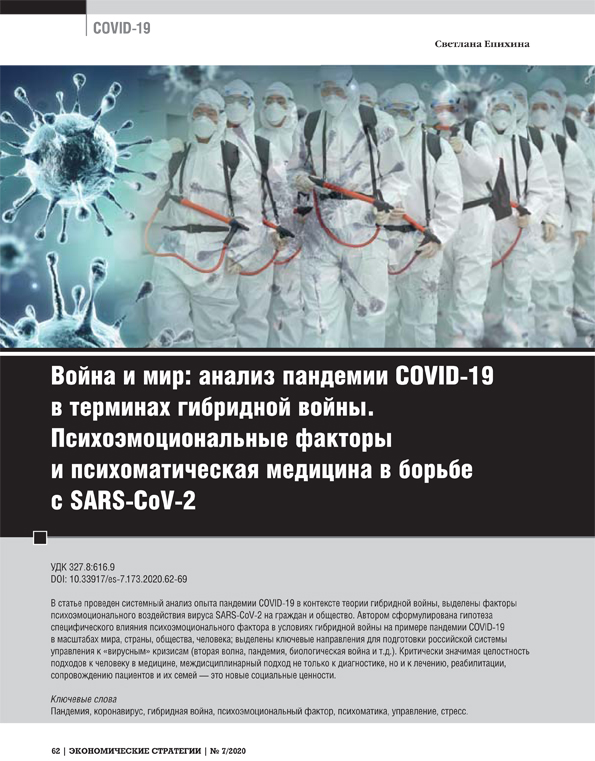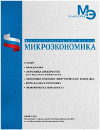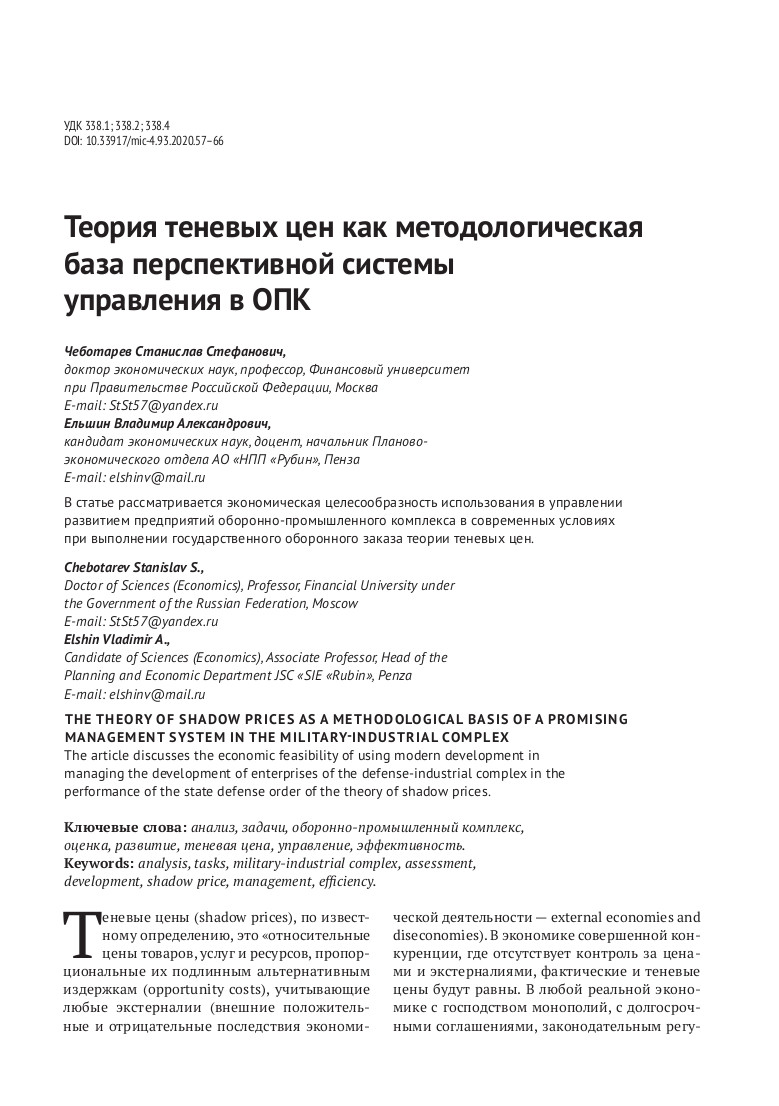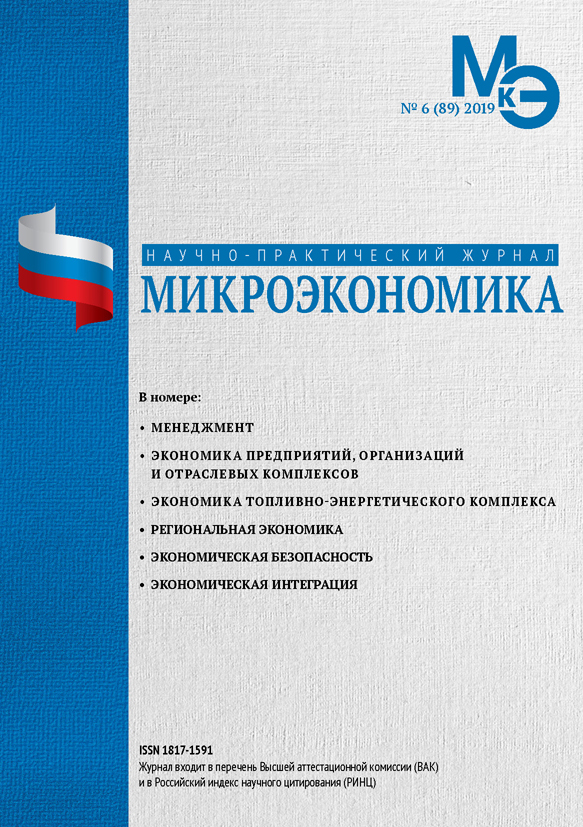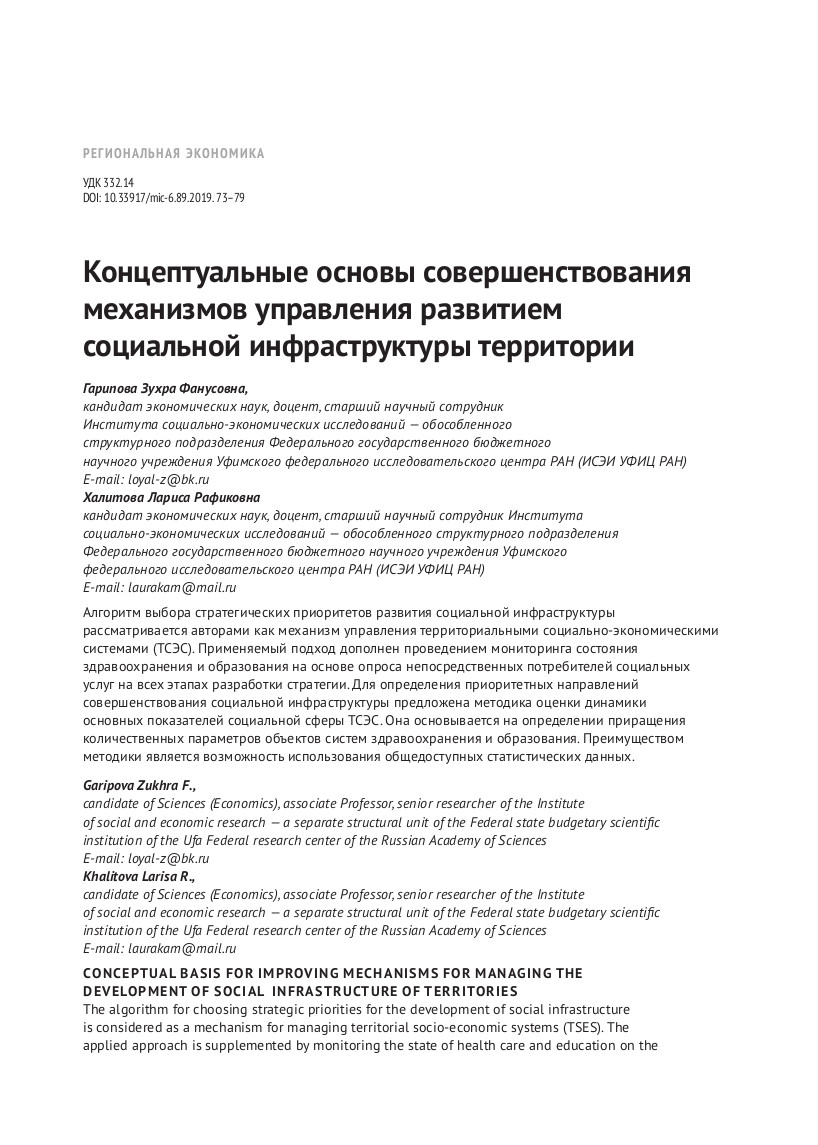Russia in Supercritical Situation: Managing Restoration of Life-Support Functions to Overcome the Consequences of a Natural Macro Catastrophe
DOI: https://doi.org/10.33917/es-5.179.2021.28-35
Supercritical fluid is a state of matter when its temperature and pressure are above the critical point. Supercritical situation is a state of the economy in its cumulative manifestations and mutual influence, whereby the state of key life-support profiles is below the critical point of controllability. Various forecasts are increasingly actualizing the probability of a natural (and man-made) macro-catastrophe (a large meteorite fall, an earthquake of 10–12 points and others, as well as a pandemic similar to COVID–19, but with more severe consequences). As the coronavirus pandemic has shown, modern civilization is becoming ever more vulnerable to such disasters. To overcome the destabilizing trends of a natural (and man-made) macro-catastrophe, it is necessary to adopt proactively a set of measures in Russia that will drastically increase the efficiency of public administration in relation to the list of regulated resource, economic, technical, social and other parameters incorporating mechanisms and procedures of public administration into market mechanisms and the budgeting structure with regard to external and internal factors of the supersystem’s vital activities


